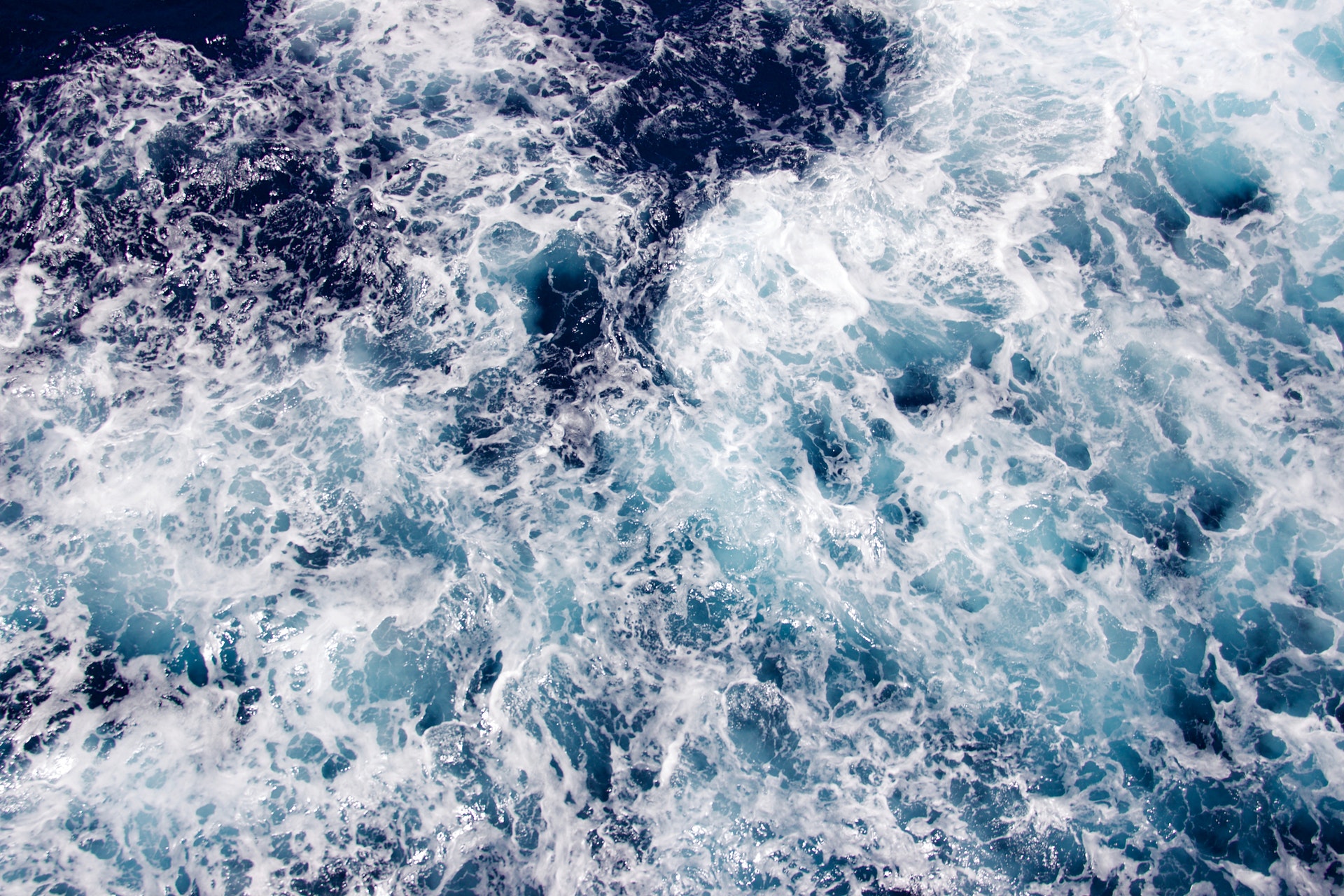Skip to main content
Headline messages
- Oceans play a critical role in the global carbon cycle by absorbing about a quarter of the CO2 emitted to the atmosphere from human activities;
- The rapid increase in CO2 emissions since the industrial revolution has increased the acidity of the world’s oceans with potentially profound consequences for marine plants and animals especially those that require calcium carbonate to grow and survive, and other species that rely on these for food;
- At current emission rates models suggest that all coral reefs and polar ecosystems will be severely affected by 2050 or potentially even earlier;
- Marine food supplies are likely to be reduced with significant implications for food production and security in regions dependent on fish protein, and human health and wellbeing;
- Ocean acidification is irreversible on timescales of at least tens of thousands of years;
- Even with stabilisation of atmospheric CO2 at 450 ppm, ocean acidification will have profound impacts on many marine systems. Large and rapid reductions of global CO2 emissions are needed globally by at least 50% by 2050.

